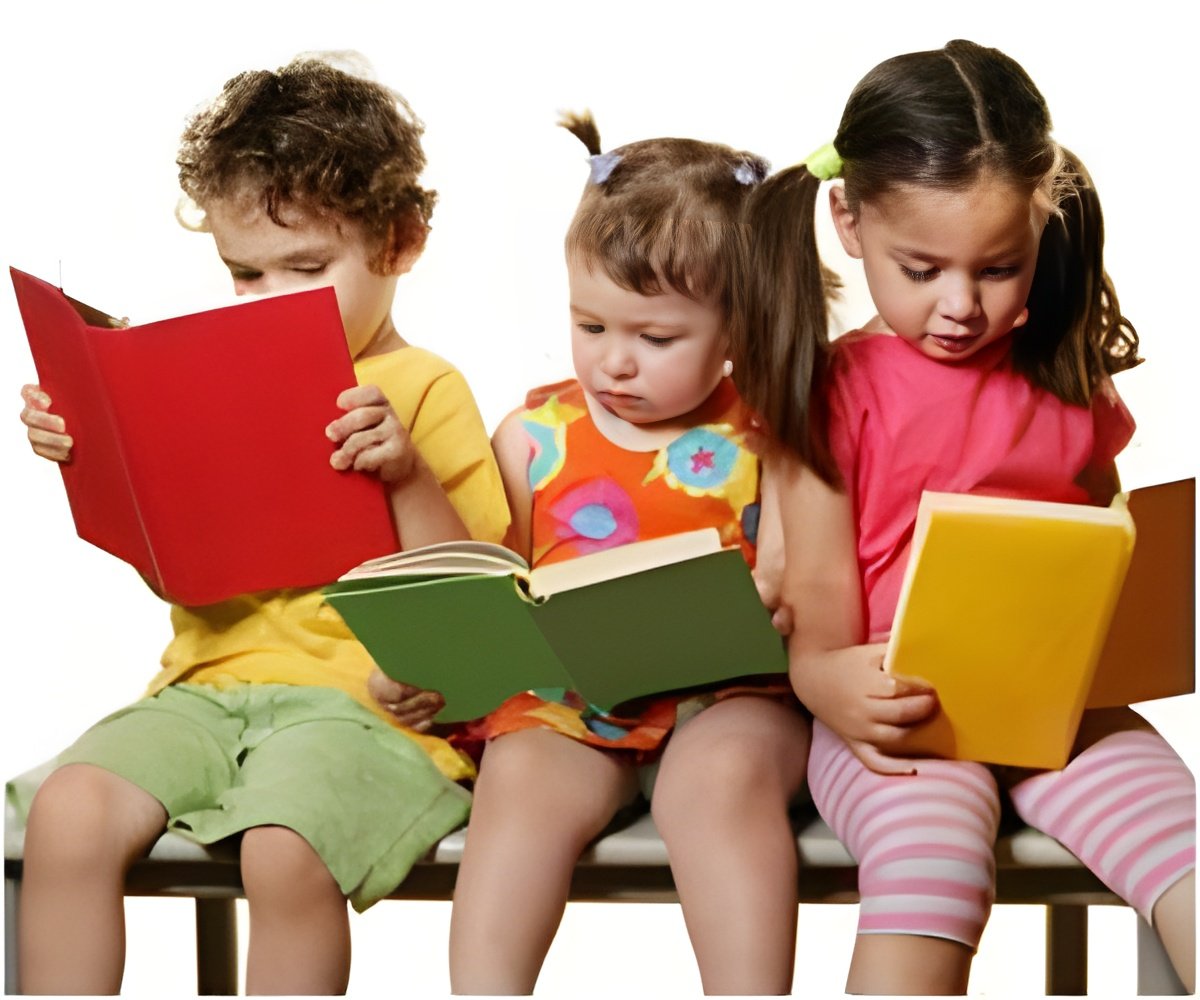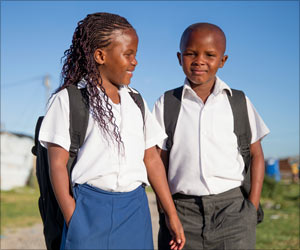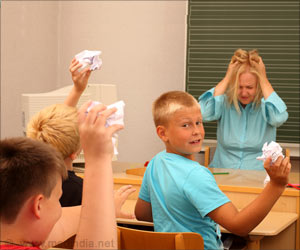Physical punishment and abuse are linked to poor cognitive and academic performances in children compared to other kids.

TOP INSIGHT
All forms of physical punishment and abuse are associated with declines in school engagement. This suggests that preventing physical abuse could promote children's cognitive performance.
Even if physical punishment does not result in serious physical injury, children may experience fear and distress, and this stress has been found to negatively impact brain structure, development and overall well-being. "This punishment style is meant to inflict minor pain so the child will change their behavior to avoid future punishment, but it does not give children the opportunity to learn how to behave appropriately through explanation and reasoning," stated Font.
They analysed over 650 children and their caregivers in three areas of physical punishment: mild corporal punishment, harsh corporal punishment and physical abuse. The groups reported their use or experience with physical punishment and researchers then measured cognitive outcomes, school engagement, and peer isolation in the children. The data was analyzed to determine trajectories between cognitive and academic performance and how initial and varying exposure to physical punishment and abuse influences them.
"We found that while all forms of physical punishment and abuse are associated with declines in school engagement, only initial exposure to physical abuse has a significant negative influence on cognitive performance and only harsh corporal punishment notably increases peer isolation in children and was observed in both child and caregiver reports. This suggests that preventing physical abuse could promote children's cognitive performance, but it may not be enough to get children to be involved and well-adjusted in school," said Font.
Considering that mild physical punishment can develop into physical abuse and that even these mild punishments have consequences on children's cognitive and social school functioning, parent education on alternative forms of punishment may be one solution to prevent physical abuse. Their study is published in Child Abuse and Neglect journal.
 MEDINDIA
MEDINDIA




 Email
Email








